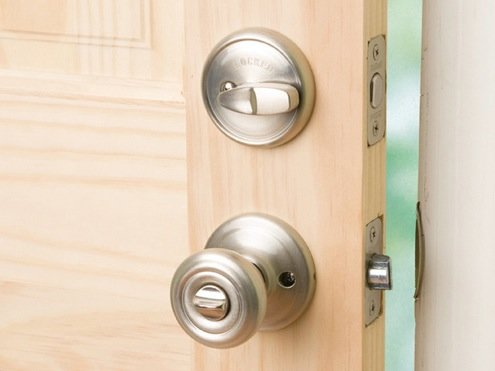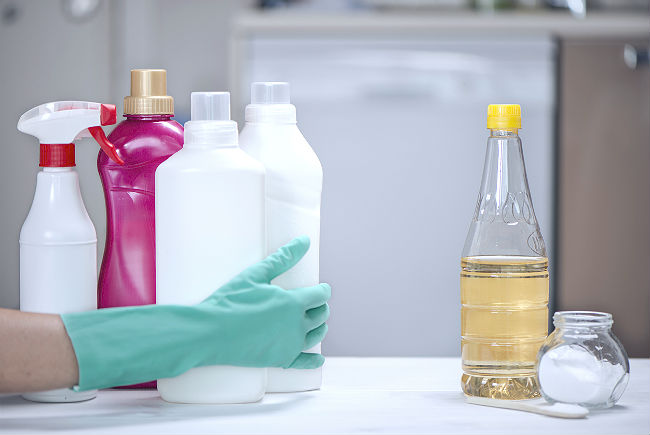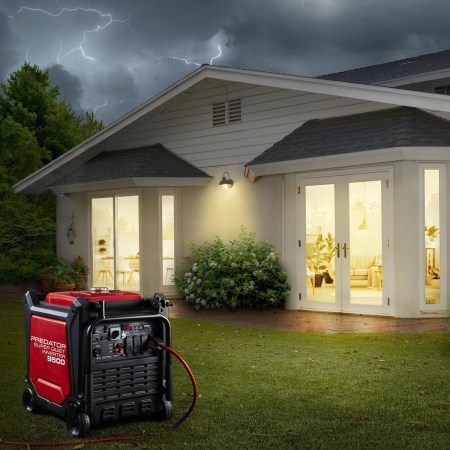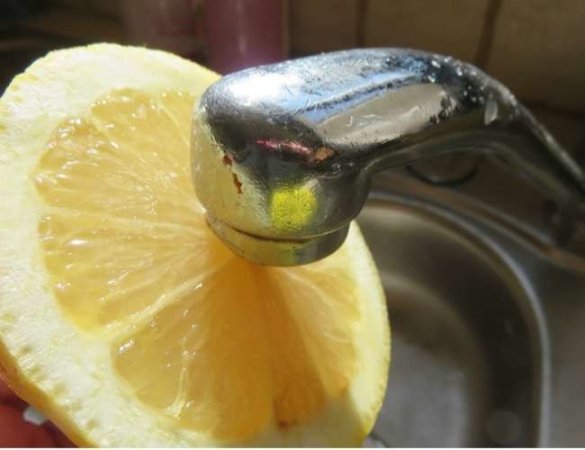We may earn revenue from the products available on this page and participate in affiliate programs. Learn More ›
Quarantine Essentials and Nonessentials

Covid-19 may be the new kid on the block, but even an old-school but highly contagious virus like chickenpox or measles can strike you or a family member, putting you all into quarantine to prevent spreading an infectious disease. If that happens, don’t panic: While spending a couple of weeks on lockdown inside your own home sounds scary, and even a little tedious, it doesn’t have to be a disaster. Here are five things you should stock up on if you need to go into quarantine—and five things you should leave on the grocery shelves.
You’ll definitely need food.
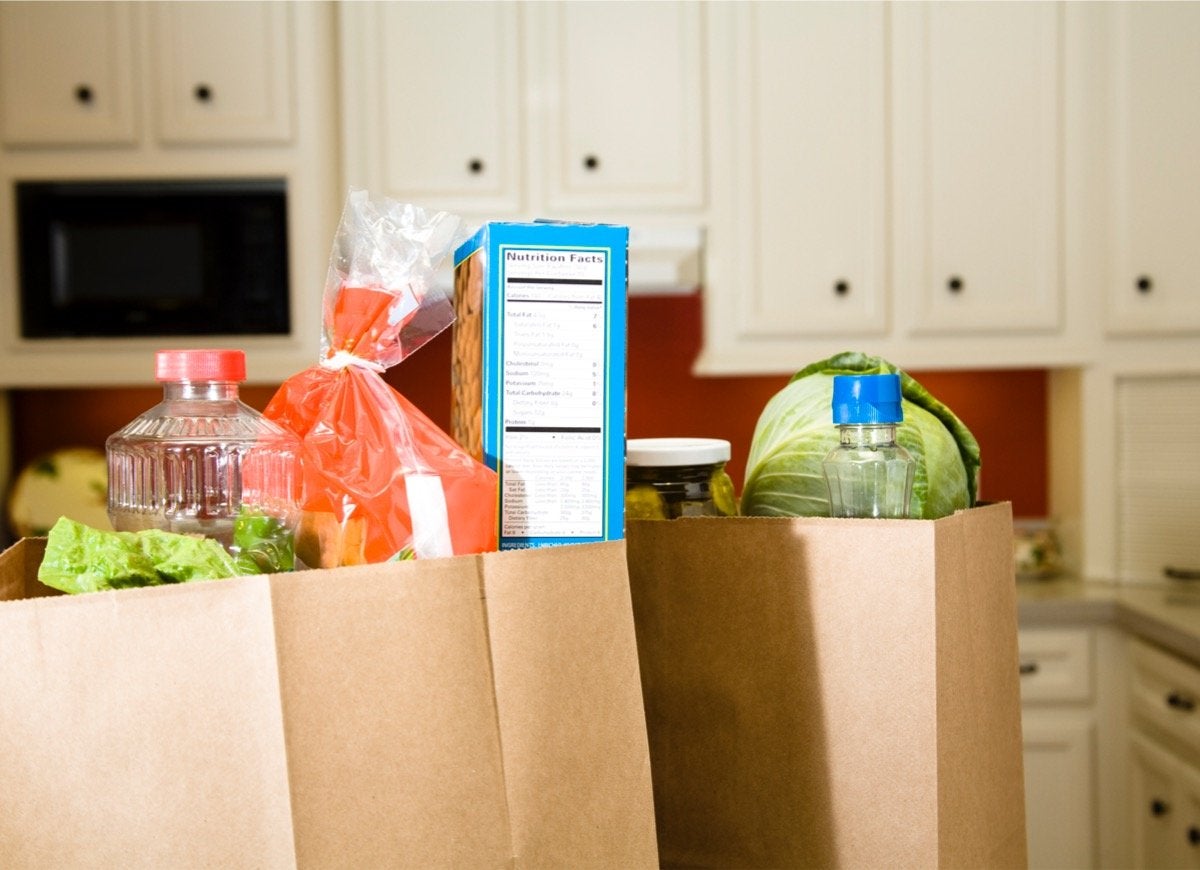
Obviously, you can’t go two weeks or more without eating, so plan on stocking up on enough food to keep you, your family, and your pets fed and comfortable. Choose foods that stay fresh for a reasonably long period of time, and focus on canned and frozen goods, including vegetables, fruits, soups, and meats. Nuts and seeds are delicious and provide quick, easy protein. Dried pasta, rice, and beans keep for months, and serve as tasty bases for a wide variety of meals. Load up your refrigerator with an extra carton or two of milk and juice as well as eggs and cheese. Instead of berries or other fruits that spoil quickly, opt for sturdier apples and citrus. And don’t forget to toss in some snacks: You’ll want to treat yourself to something sweet or salty during the days of home confinement, so go ahead and buy some chips, chocolate, ice cream, or whatever goodies thrill your family the most.
No need to stockpile bottled water.
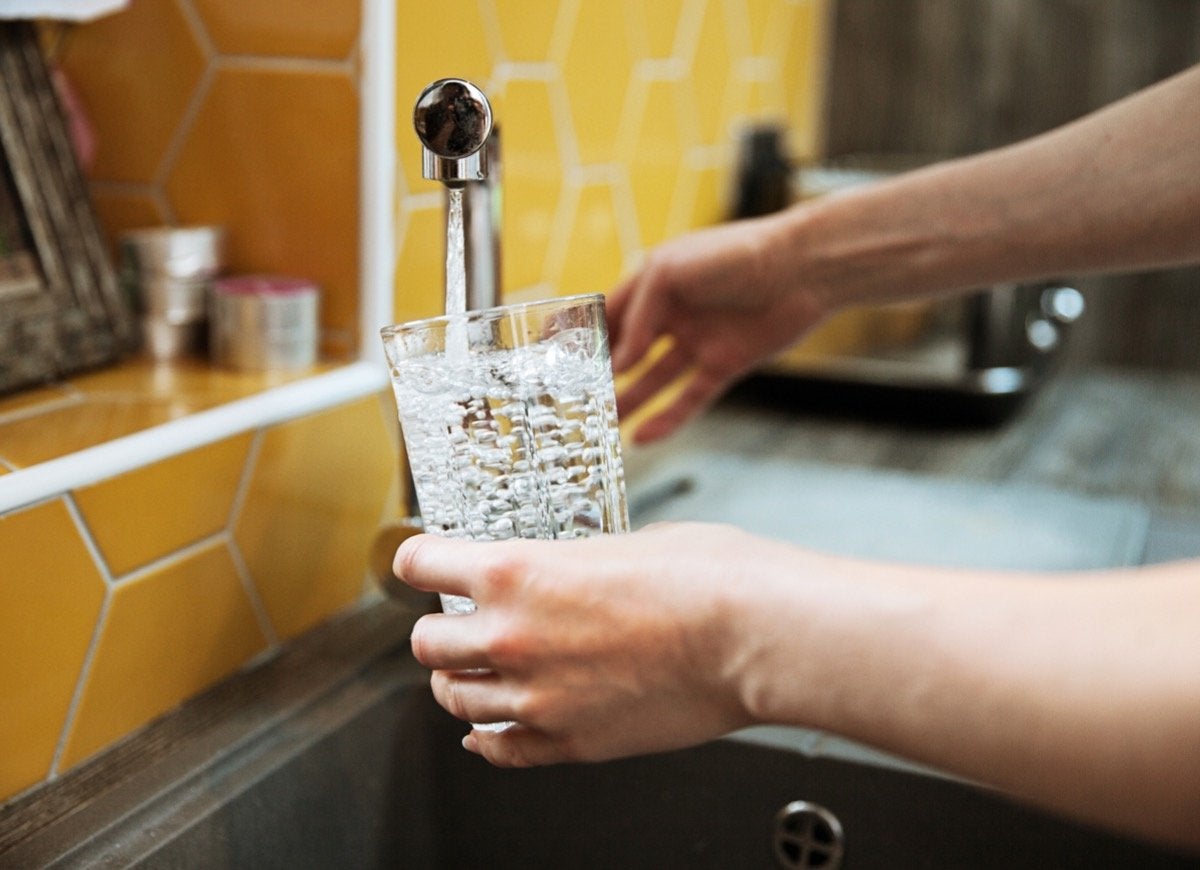
It’s prudent to stock several gallons of bottled water per family member so you’ll always have some on hand if a natural emergency like an earthquake or hurricane disrupts or contaminates the local water supply. But there’s no need to go beyond that during a pandemic, because your sink will continue to provide tap water as usual.
Related: 7 Cleaners That the EPA Recommends Against the Coronavirus
You’ll need plenty of hand soap and cleaning supplies.

The most important measure you can take to protect yourself from infectious disease is to wash your hands frequently with soap and running water for at least 20 seconds, taking care to scrub your thumbs and fingernails as well as your palms, the backs of your hands, and fingers. To do this, you’ll need bar soap or liquid soap at each sink in your home; encourage all family members to make liberal use of it throughout the day. You’ll also need your usual cleaning supplies—dish soap, laundry detergent, all-purpose cleaner, and glass cleaner—as well as disinfectant wipes or sprays for daily wipe downs of all hard surfaces, particularly the bathroom, kitchen counters, sinks, and doorknobs.
Don’t worry about hand sanitizer during quarantine.
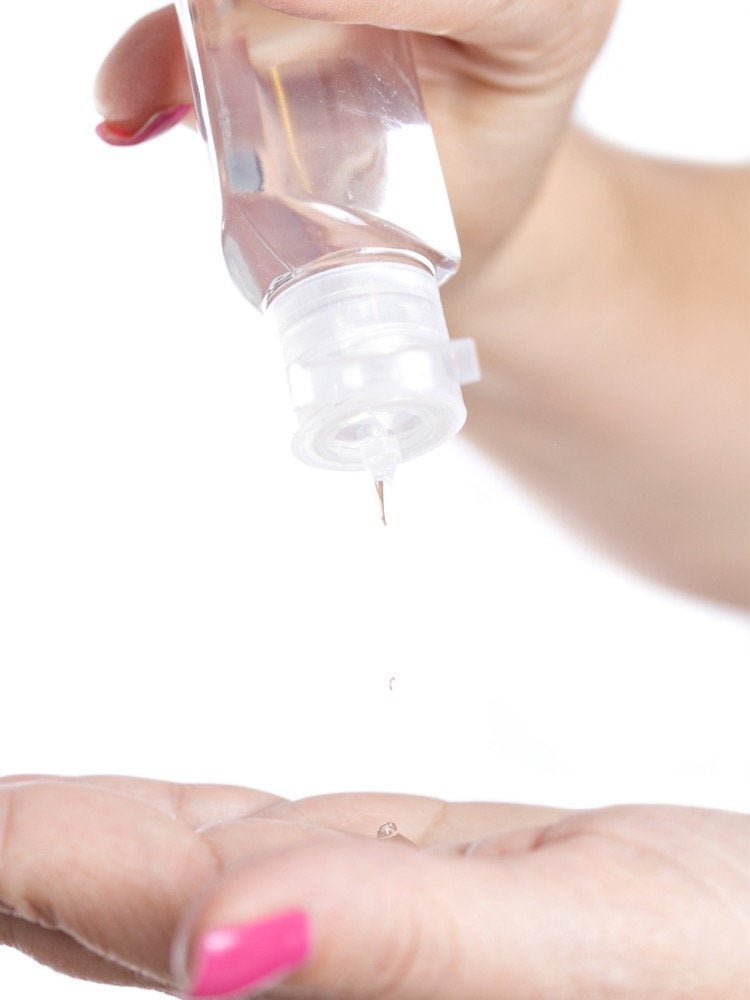
While panicked shoppers are clearing store shelves of hand sanitizer, there’s really no need for it while you’re quarantined. When you’re at home, you have ready access to soap and running water, which are far more effective. That said, once you are out and about again, it’s a good idea to have a small bottle of hand sanitizer with you for use while you’re in any public area.
Related: The Top 10 Germiest Spots in Your Home, According to Science
Stock Medicine and Hygiene Items
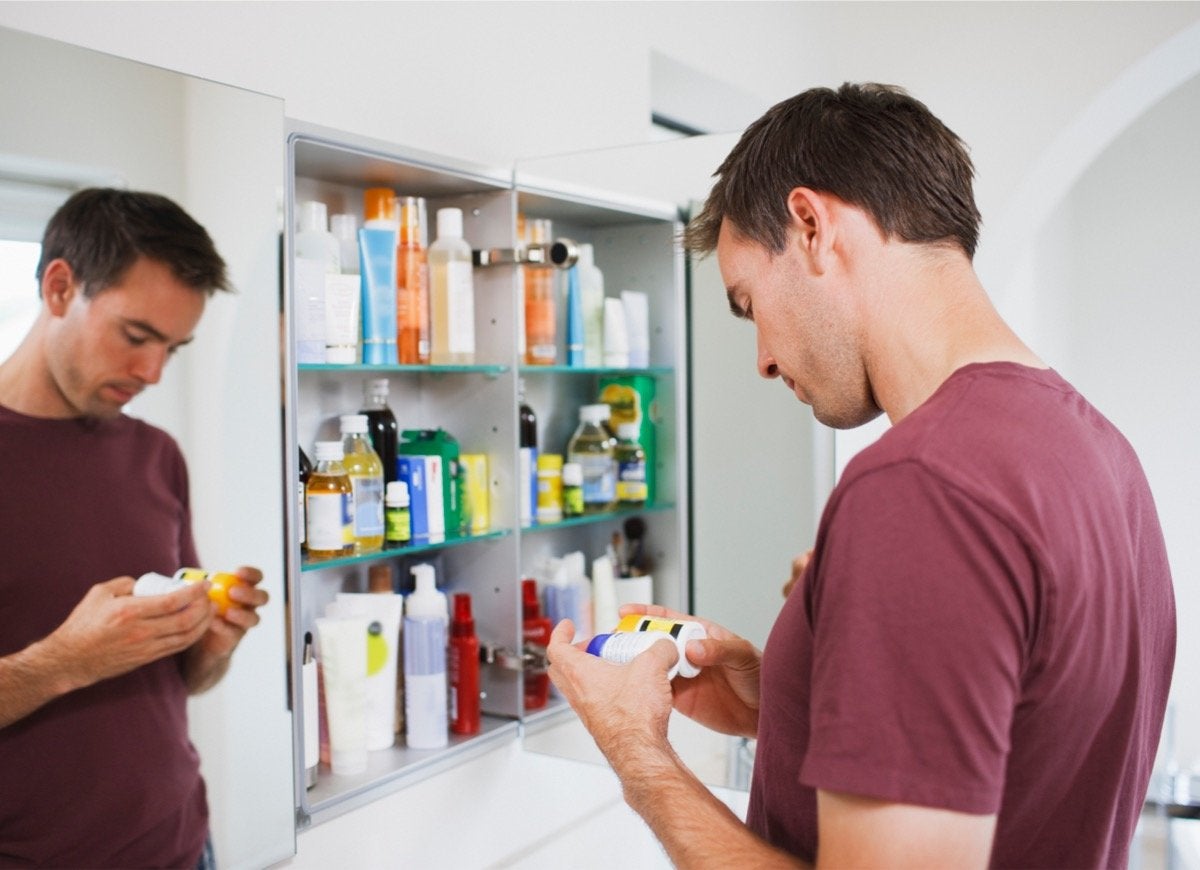
The middle of a two-week quarantine isn’t the time to run out of prescription medications, feminine hygiene products, or OTC painkillers or other necessities. If possible, fill all prescriptions before the quarantine starts, and make sure you have enough feminine hygiene products for all family members who might require them during a two-week (or longer) stretch. A supply of OTC cold medications, painkillers, cough medicine, and allergy treatments will help manage symptoms should you feel ill during the quarantine. And don’t forget about your pets: If Fido or Fluffy require any medications, ask your vet for enough to last the full quarantine period.
Don’t buy more than your family will actually need.

While panic and the prospect of rapidly emptying supermarket shelves might make you want to fill your shopping cart to the brim, resist the impulse to hoard. Stick to those items that your family will truly need to remain comfortable and healthy during a two-week quarantine at home. When you hoard, you leave others without enough for their own families. As well, all those supplies may be difficult to store, and once the quarantine ends, you may find yourself throwing out some of your hoarded goods.
Devise entertainment to keep time from dragging.

A two-week quarantine at home, without the distractions of school, the gym, friends, restaurants, and other forms of entertainment, will seem awfully long if you don’t take steps to fill the empty hours with something enjoyable. Streaming services like Netflix, Amazon Prime, and Disney are obvious time fillers, as are video games, music, and books. But consider going beyond passive entertainment. Pick up a few board games the whole family can enjoy as well as craft supplies or kits, jigsaw puzzles, or a new toy or two that you can bring out midway through the quarantine when your kids are starting to get stir-crazy. Even consider buying a new interactive toy for your cat or dog—watching Fluffy or Fido chase a laser dot or a feather-on-a-string is fun for them, and fun for you.
No need to buy a generator or alternate power source.

A pandemic isn’t like a natural disaster: Your electricity or other power source should be just fine during a quarantine. While it’s a good idea to own a generator if you live in a region that’s often hit by storms or hurricanes, there’s no need to rush out and buy one before you go into quarantine unless you have reason to believe that your electric service might go down during that period.
Make sure you lay in pet supplies.

The prospect of an imposed two-week lockdown at home might seem overwhelming to you, but your dog—and maybe your cat too—will probably love it. After all, they’ll get to spend more time with their favorite person: you. But you’ll need to stock up on enough pet food to keep your furry family member well fed during the quarantine. You may also want to spring for a few extra treats. Be sure you have enough cat litter to keep the box fresh and clean, and enough puppy pads for your pooch, if that’s where he usually takes care of business. When Fido needs to go outside, stick within your own property lines rather than taking your usual leisurely stroll through the neighborhood. You may even want to take advantage of this time to teach your dog some new tricks—he’s never too old—or to practice your pet-grooming skills.
You don’t need face masks unless you are actually ill.

While you may be tempted to don a disposable face mask in the hope that it will keep you healthy, resist that urge unless you are actively sick and coughing. Disposable medical face masks are designed primarily to keep infectious body fluids in, not keep viruses out. Plus, you may end up unconsciously touching your face even more often than usual to adjust the mask. So, unless you or a family member is sick, leave the masks to the health care workers.
Stock Up on the Right Stuff

Being properly prepared for a quarantine can help bring some peace of mind during uncertain times.




